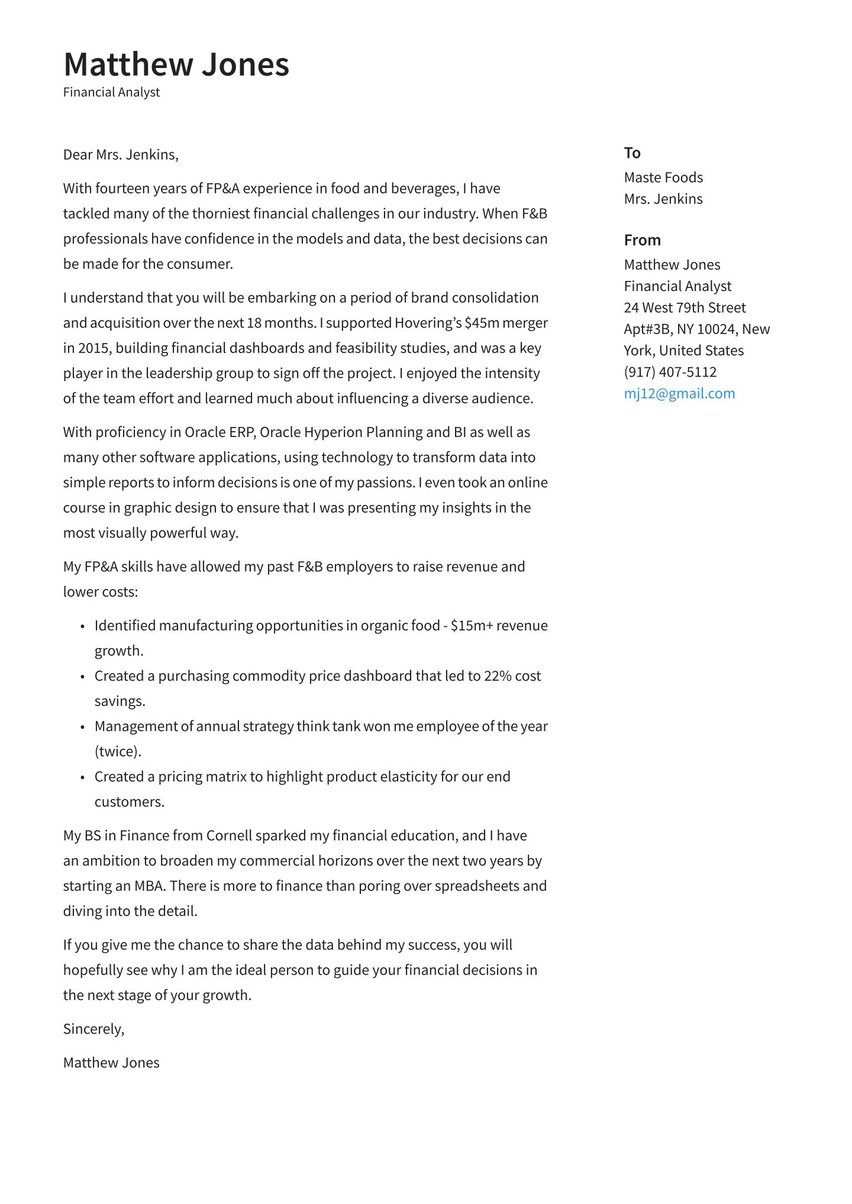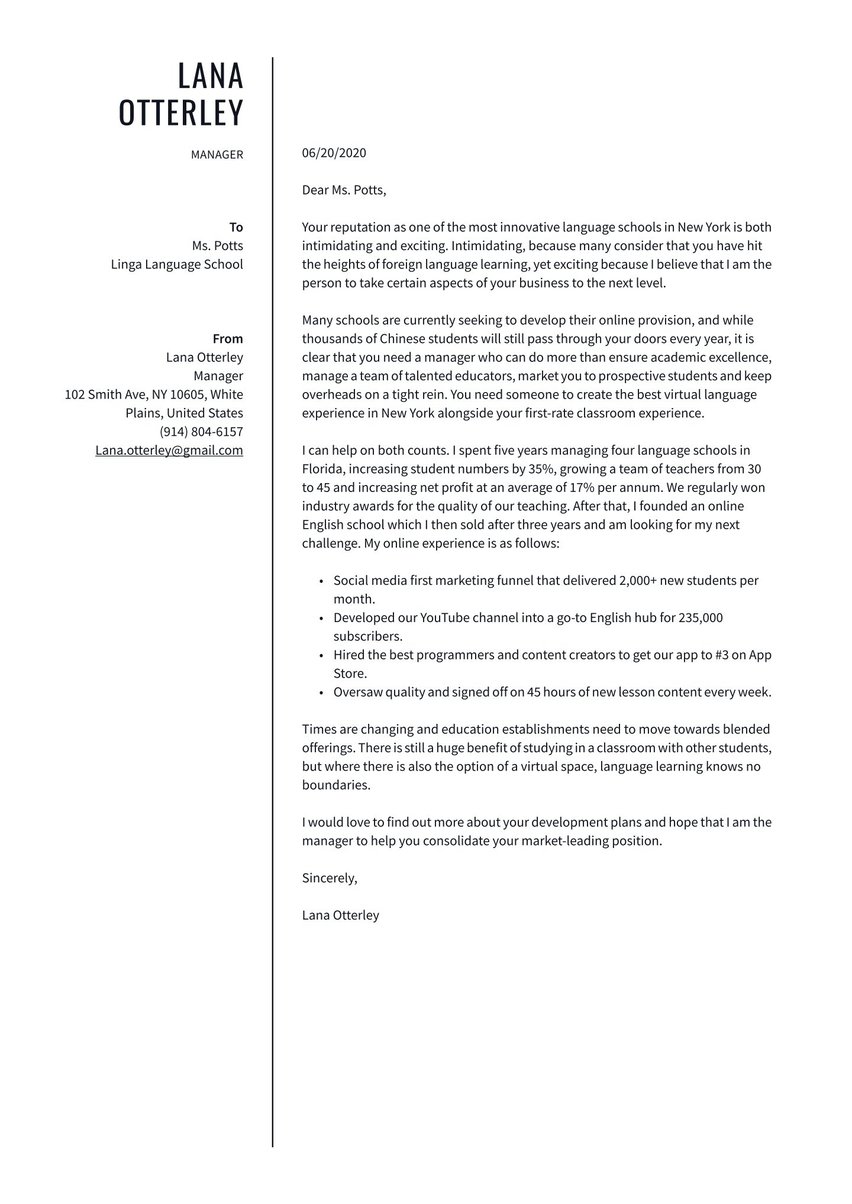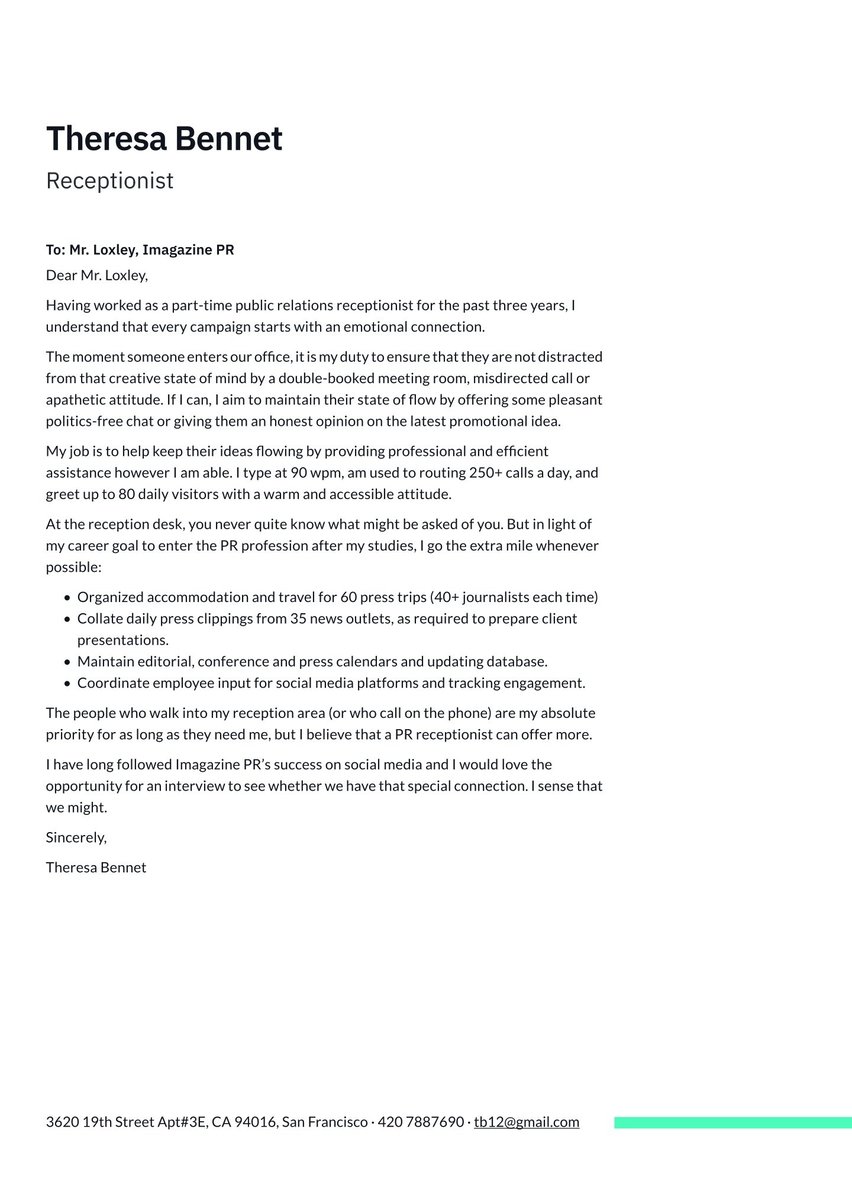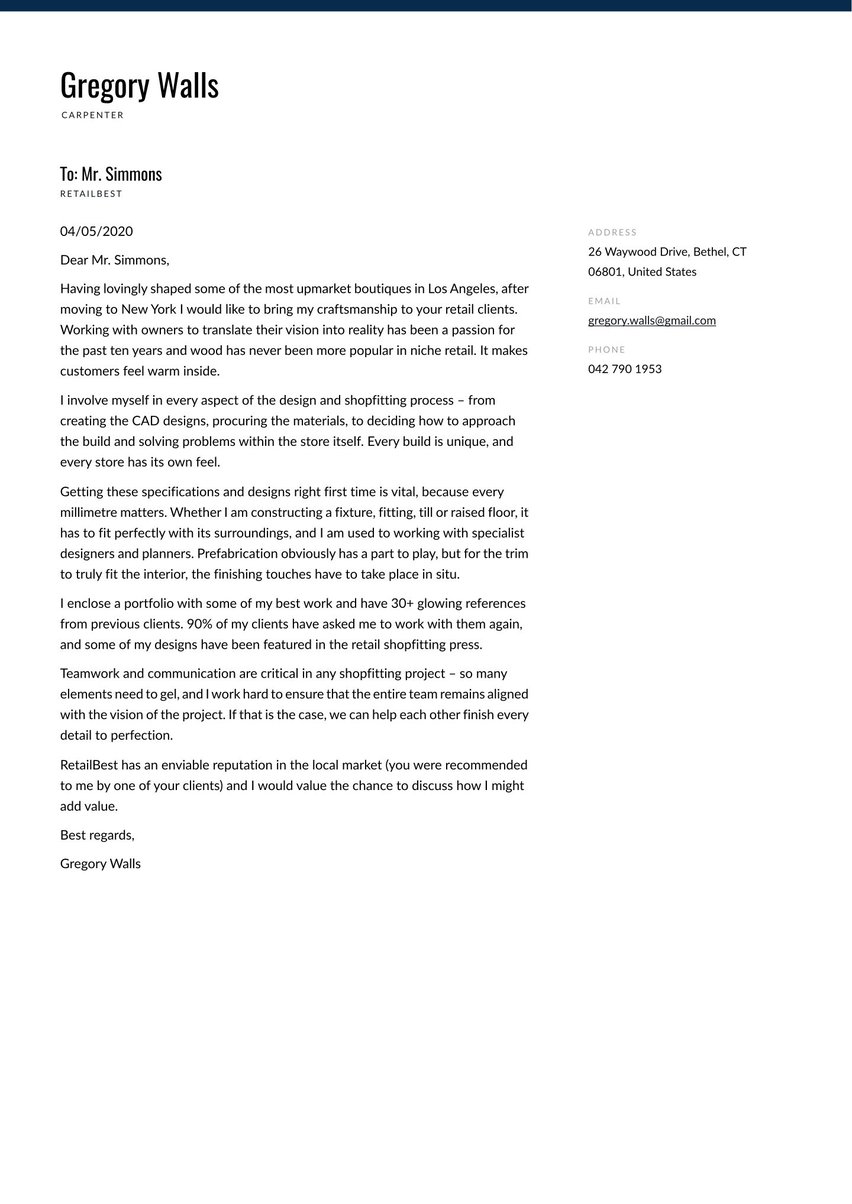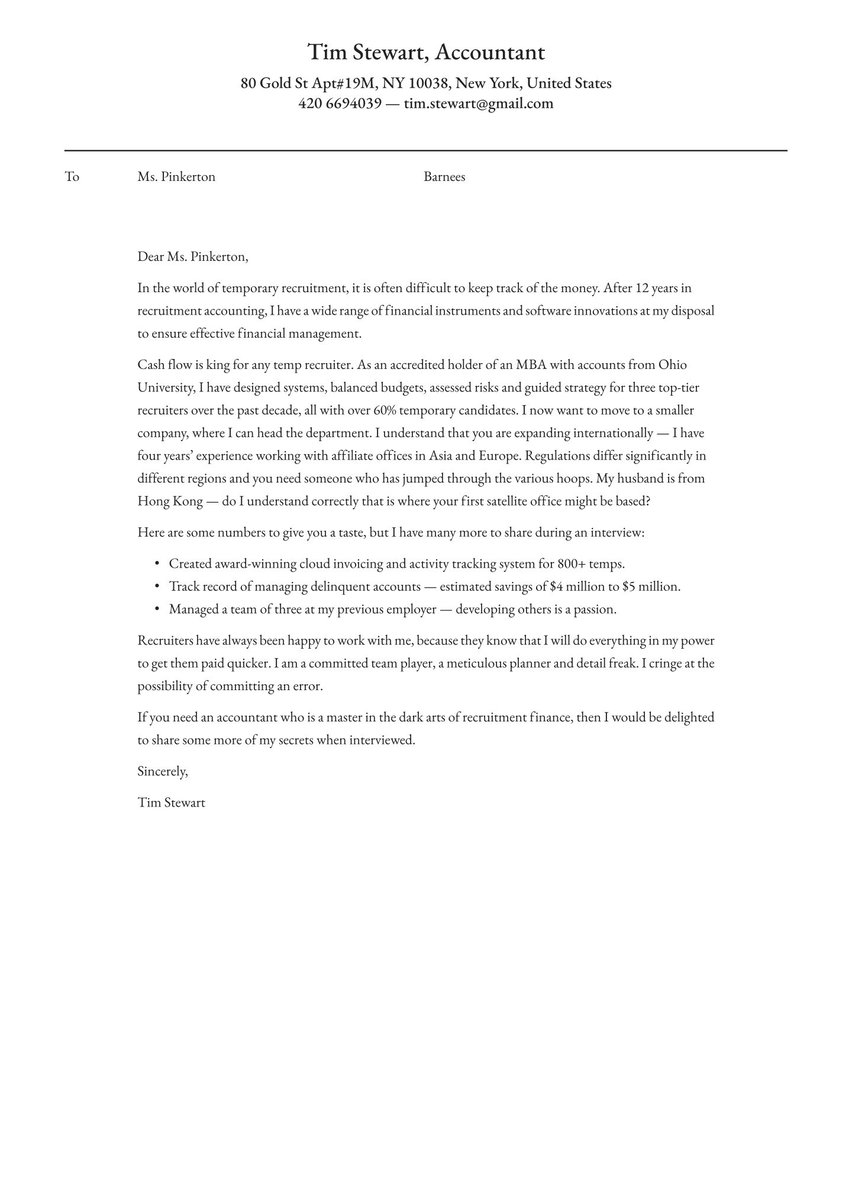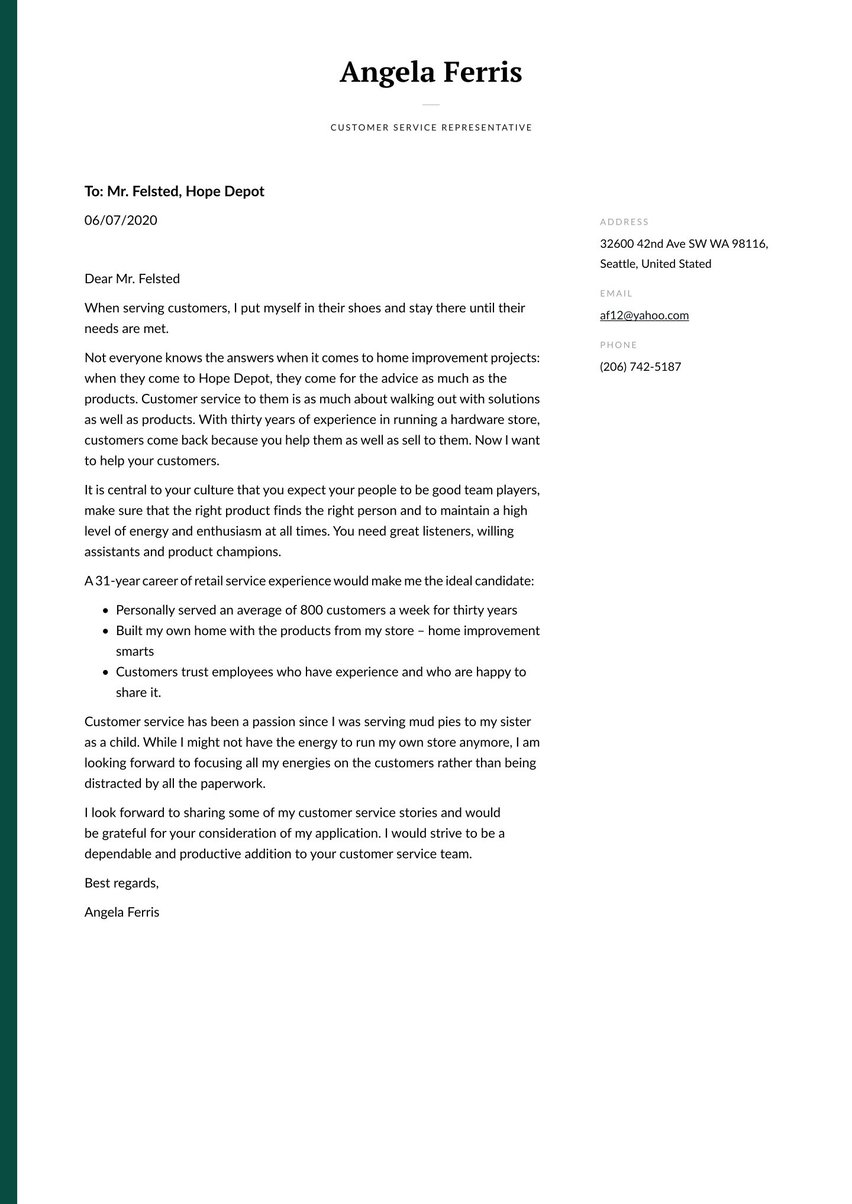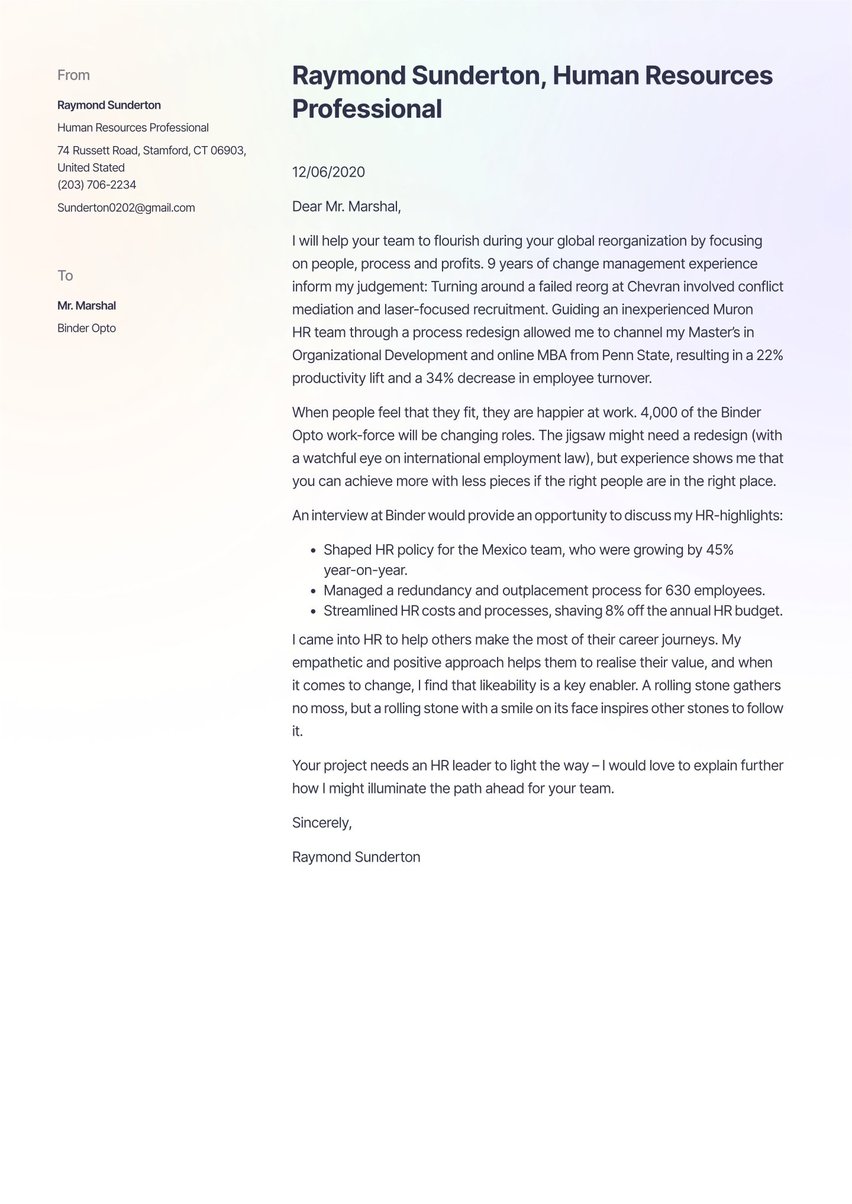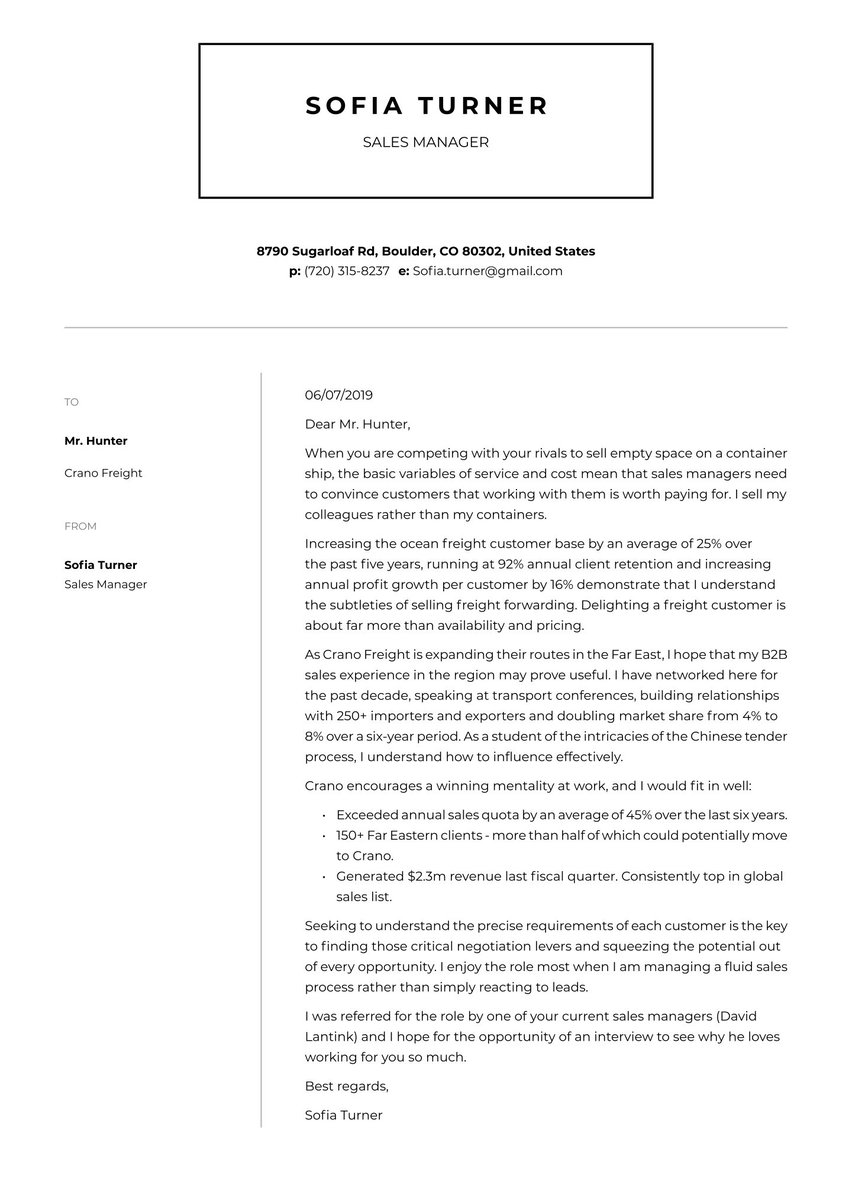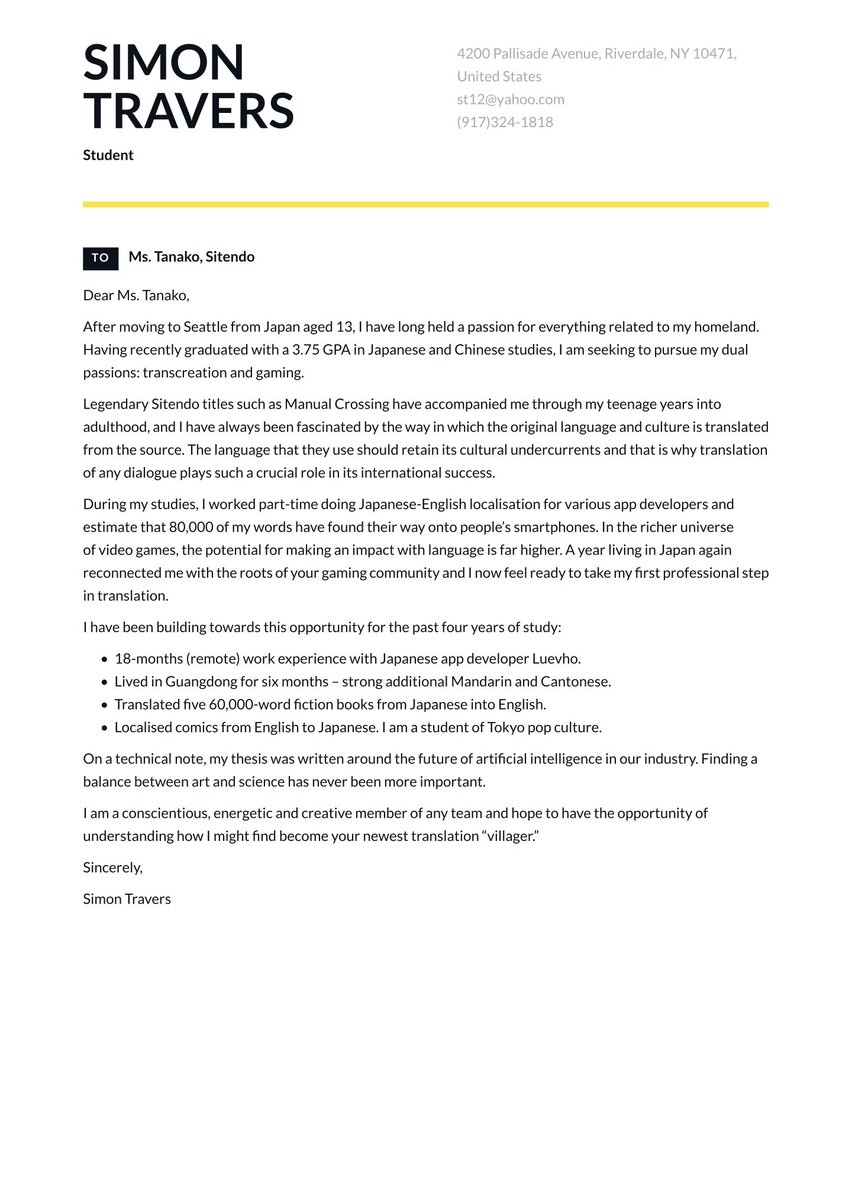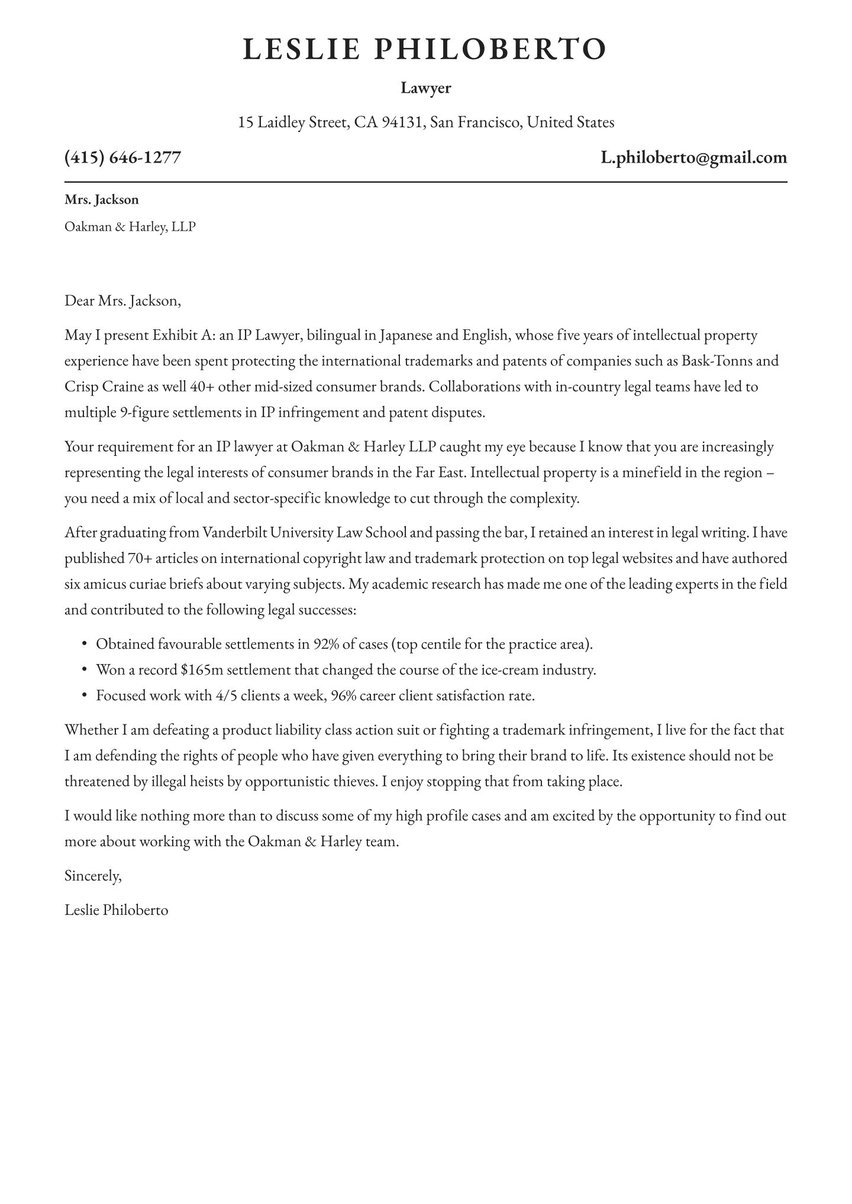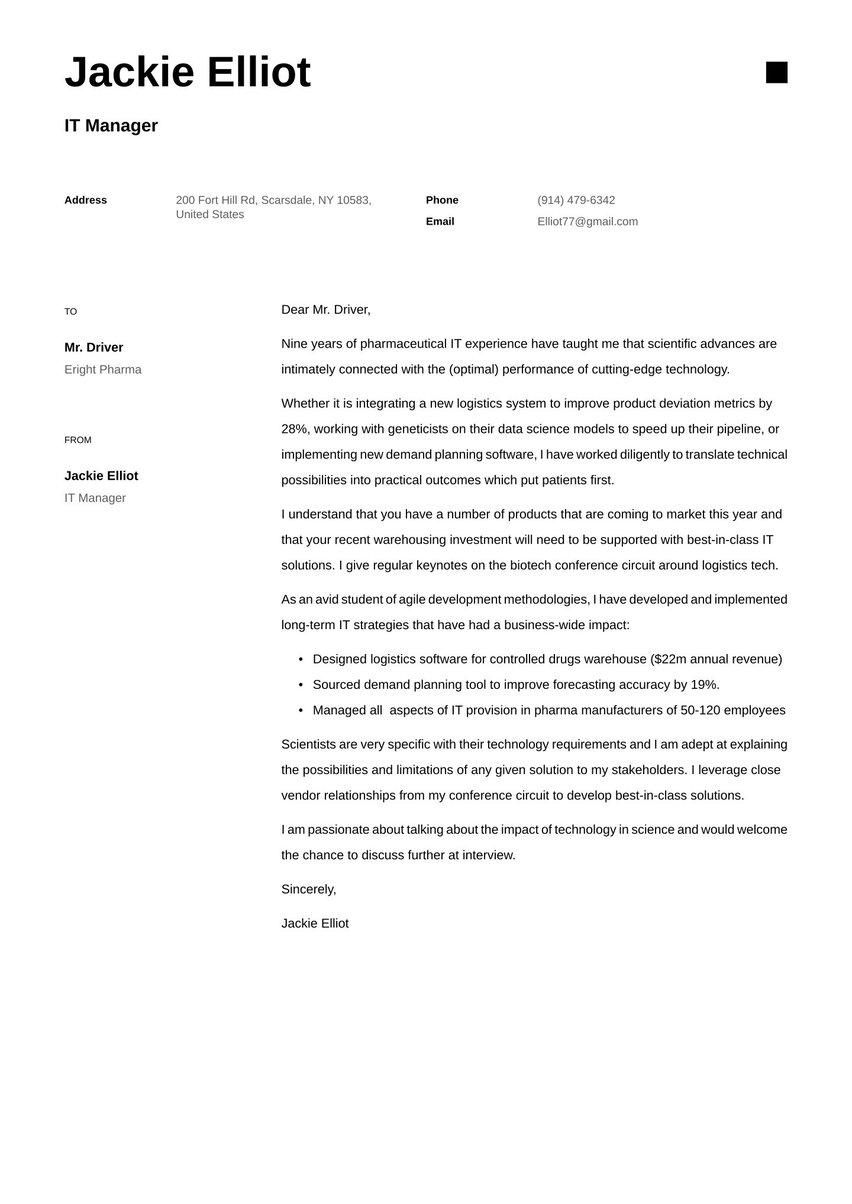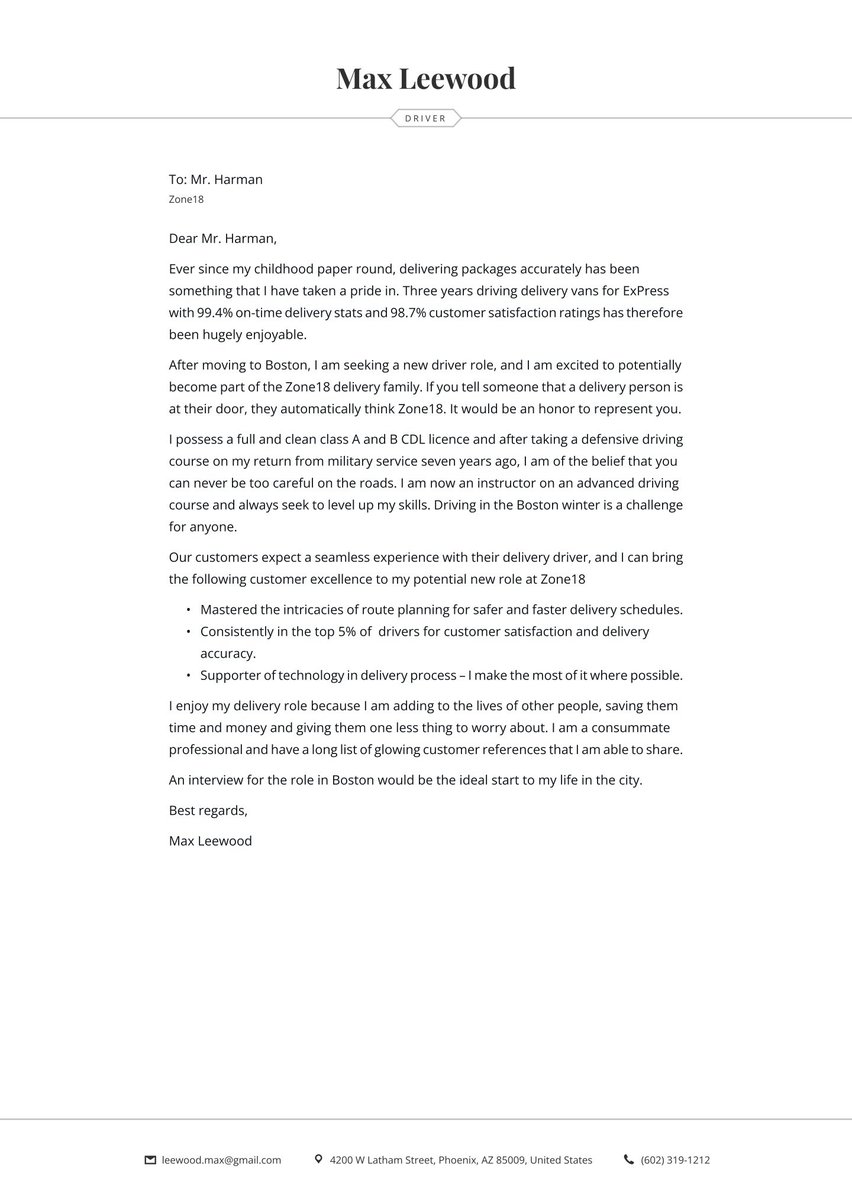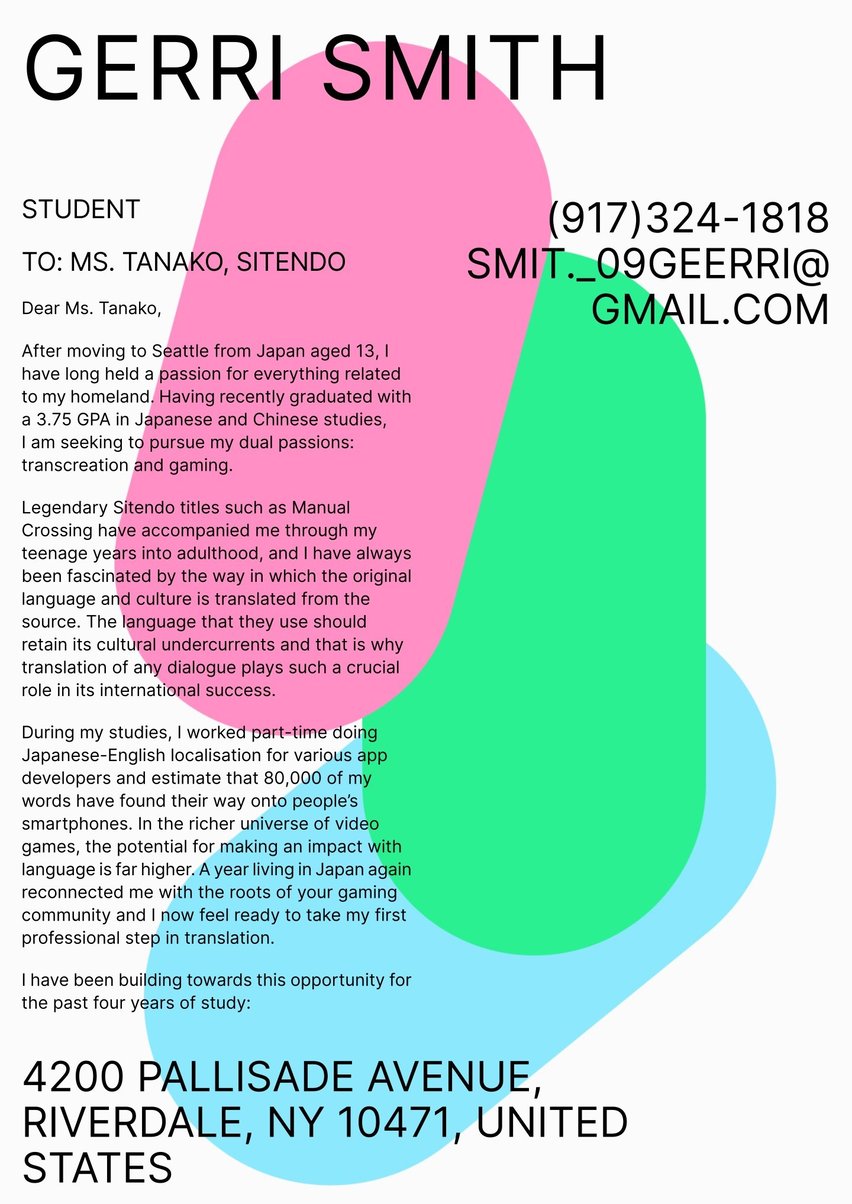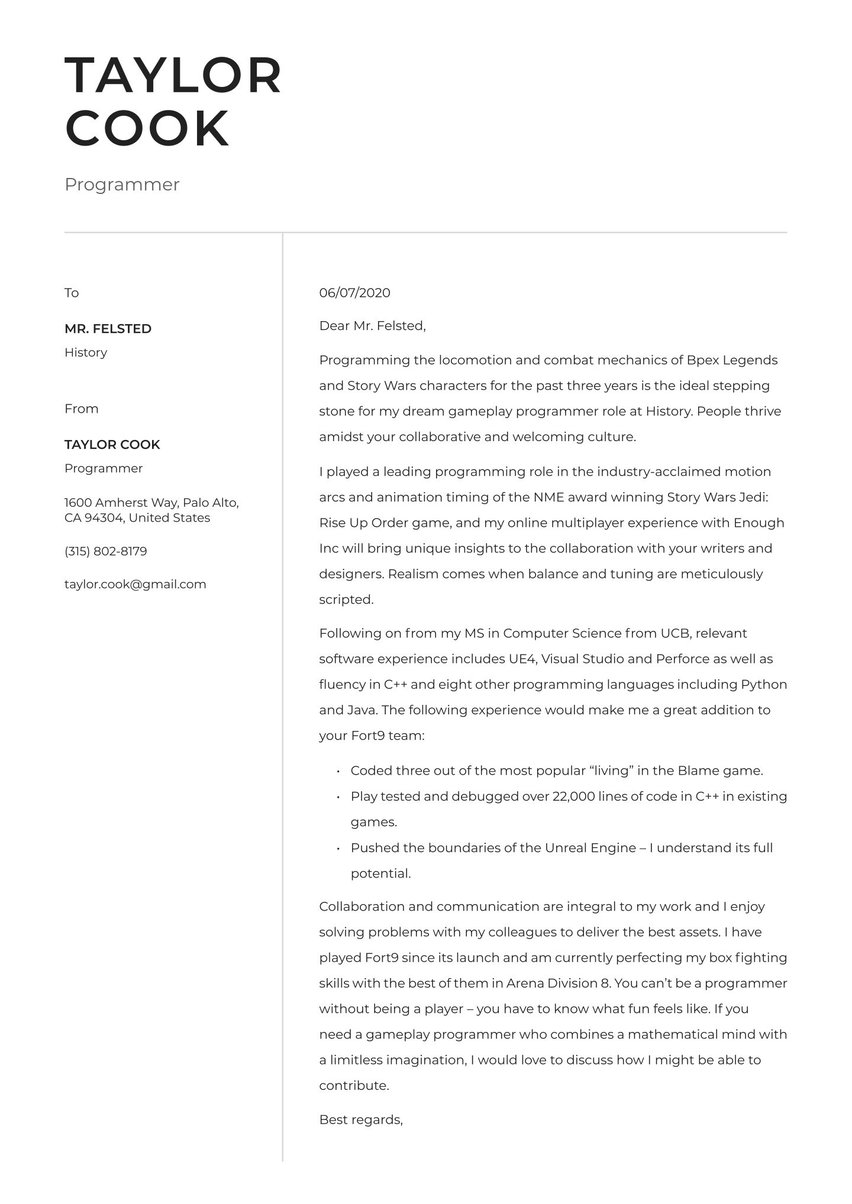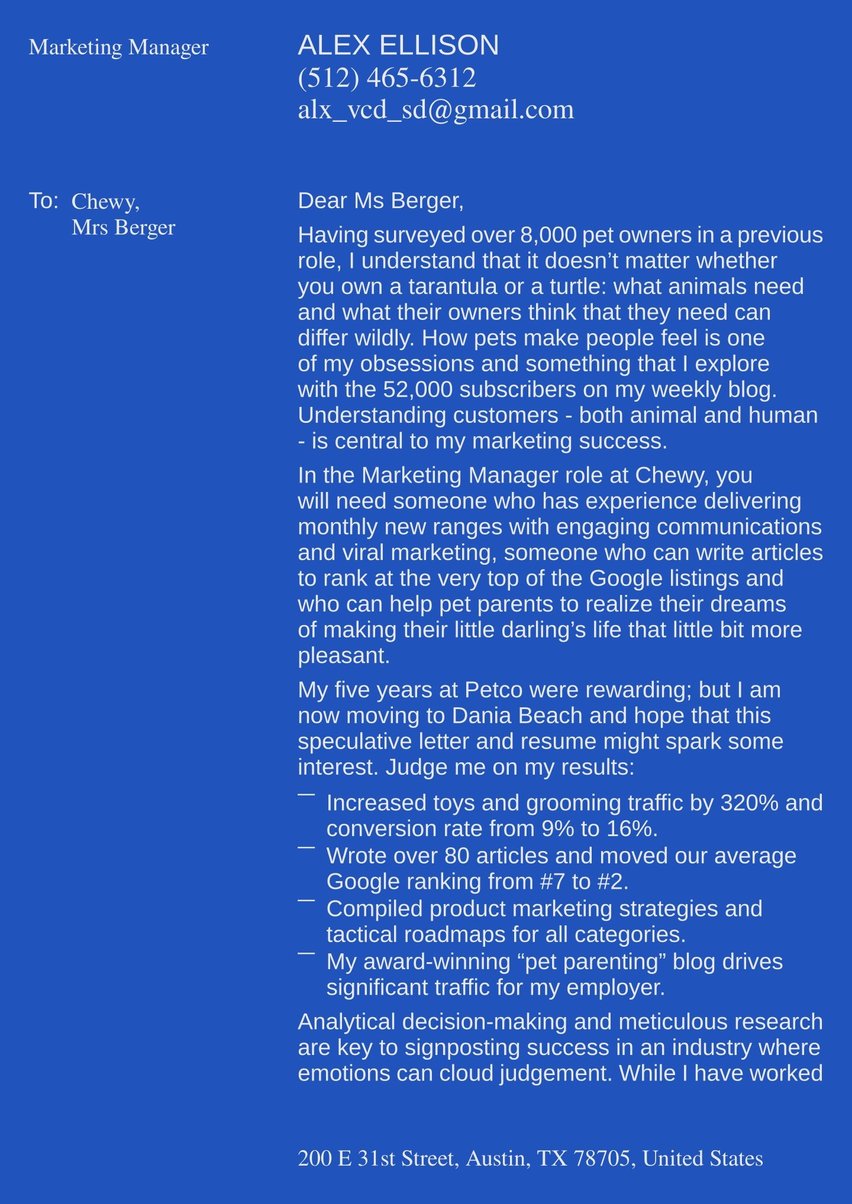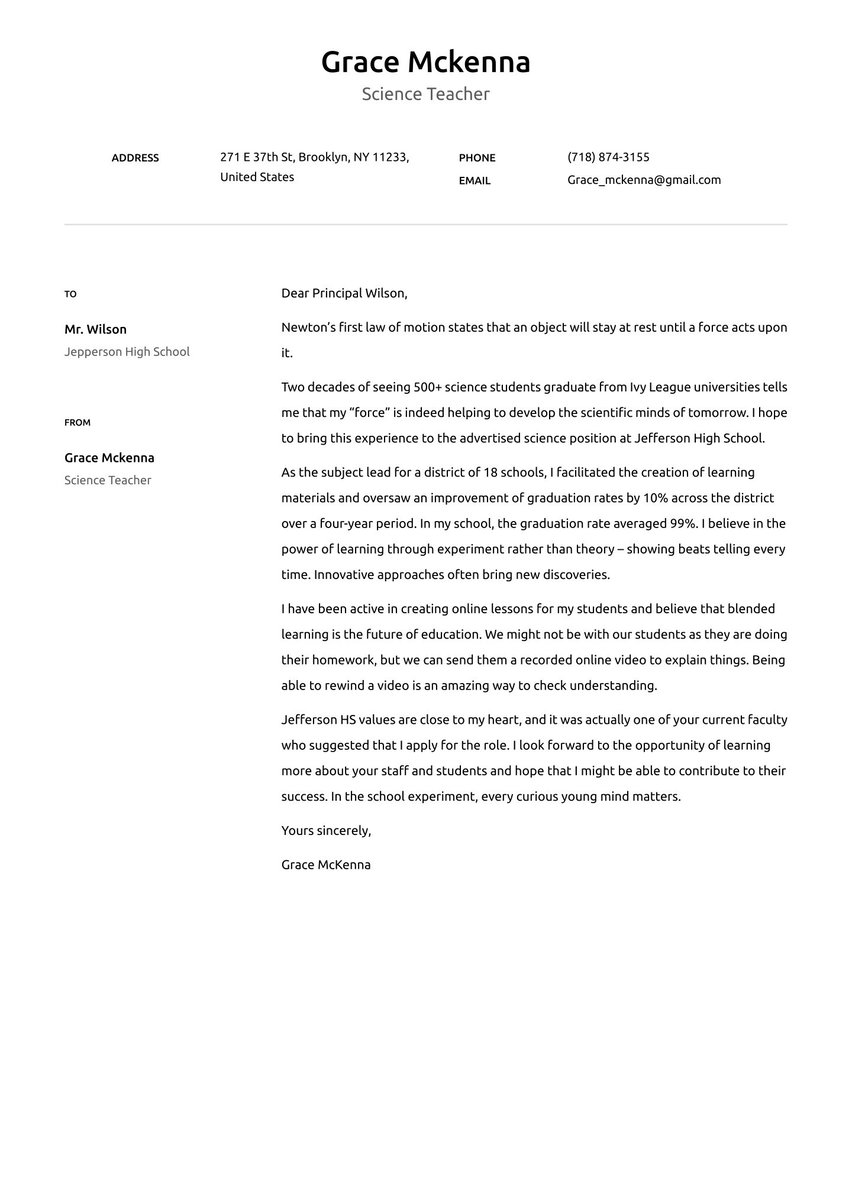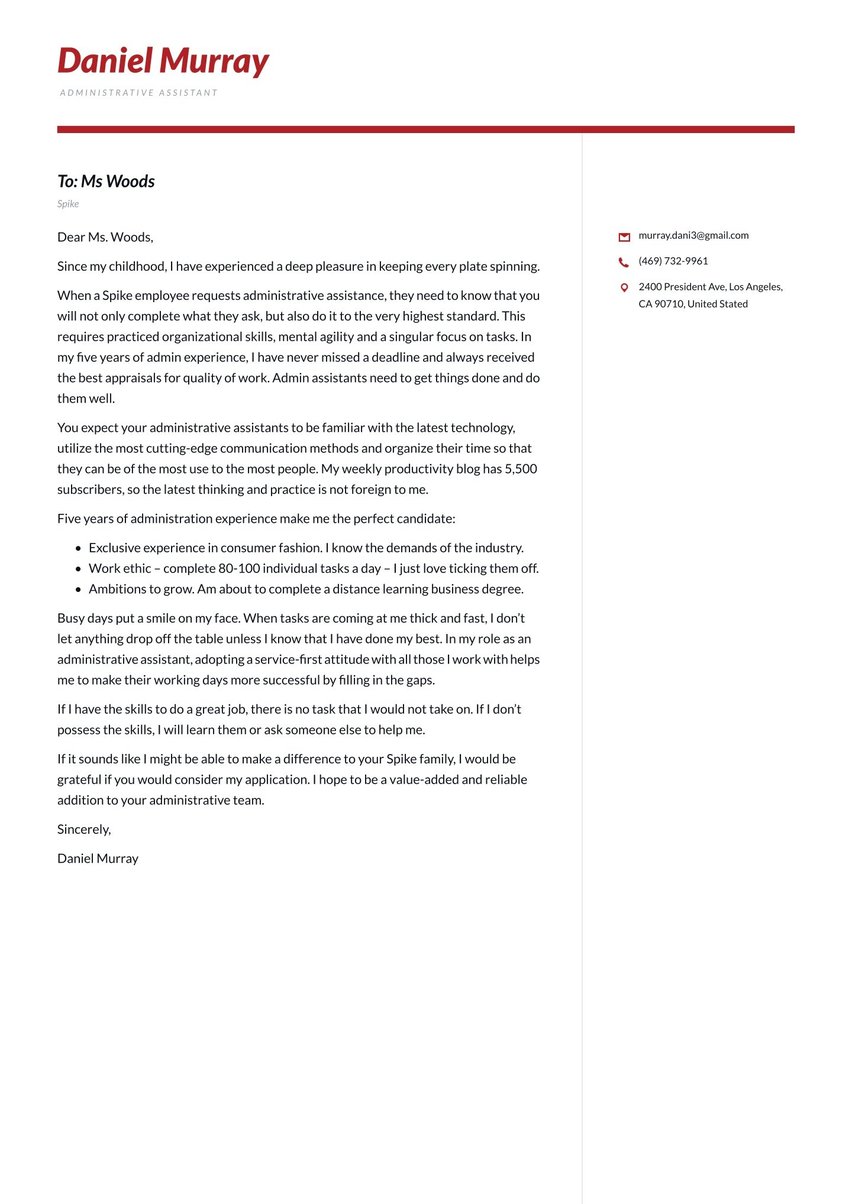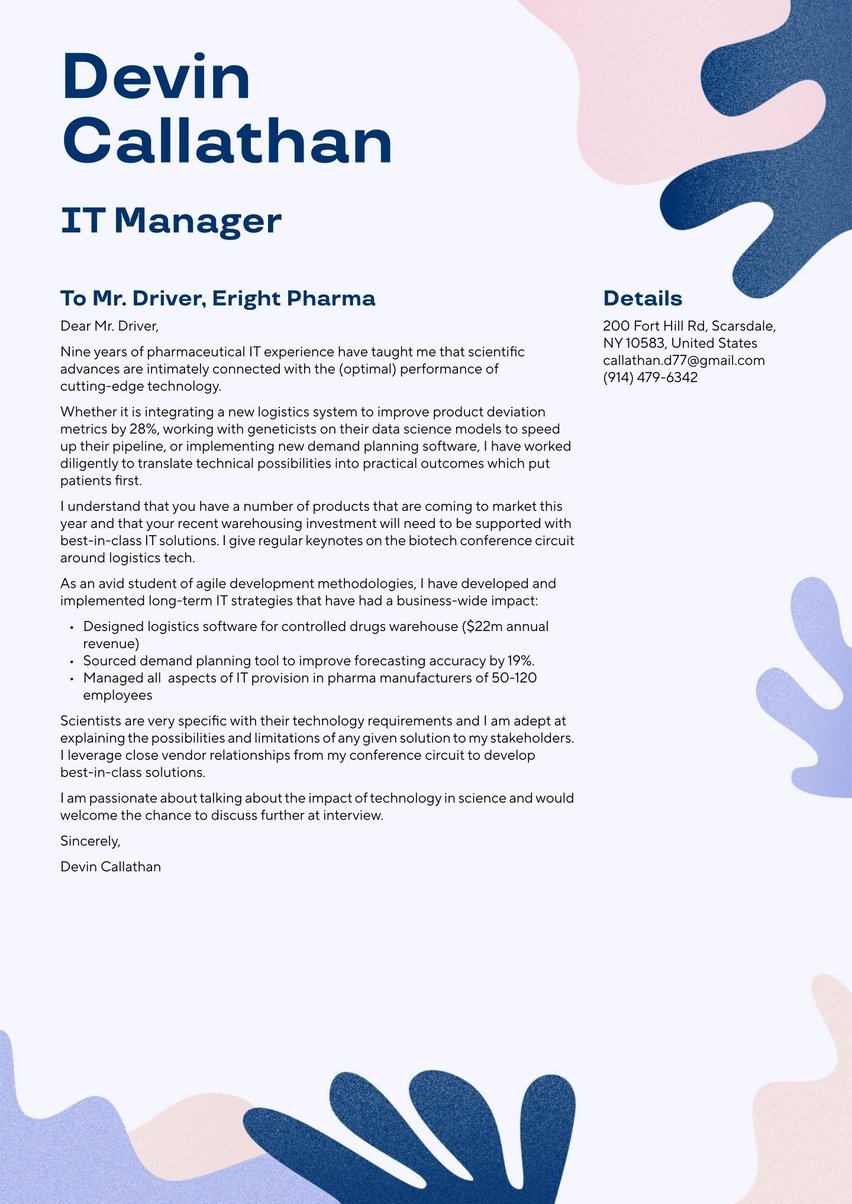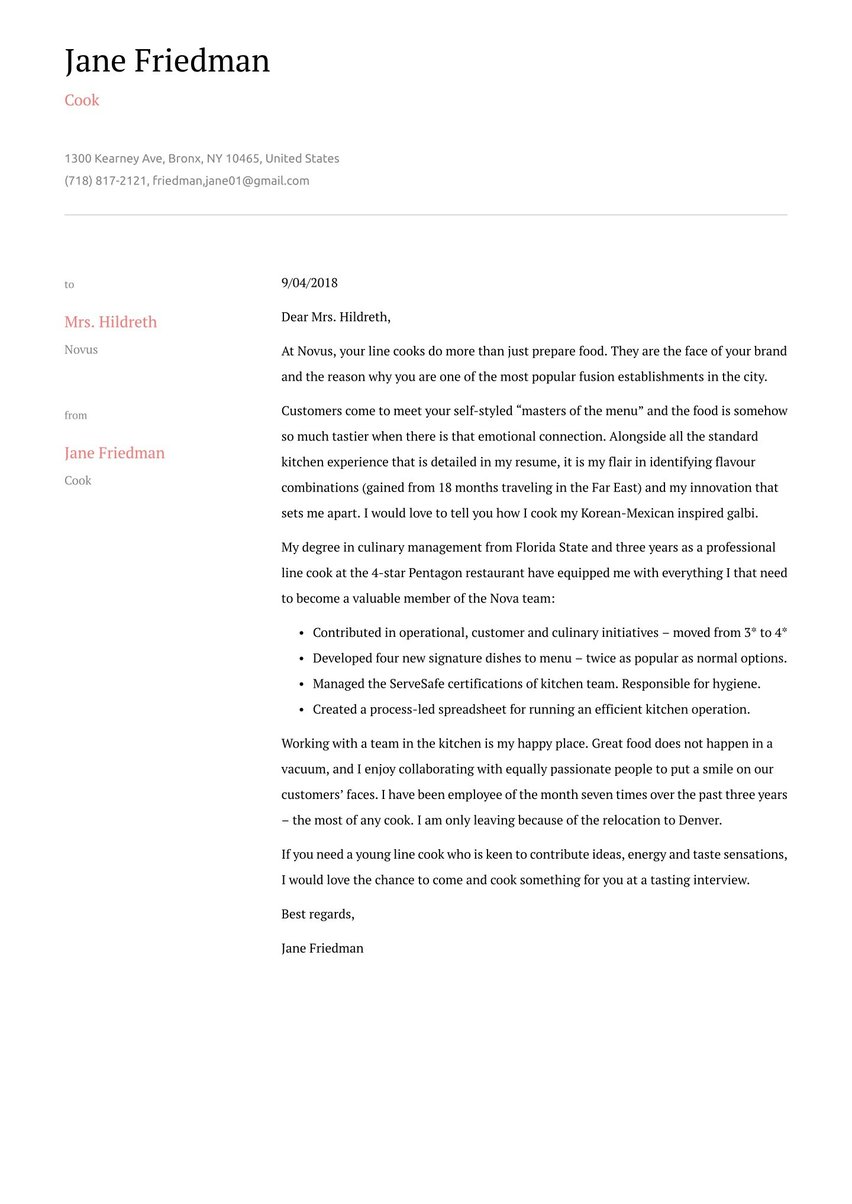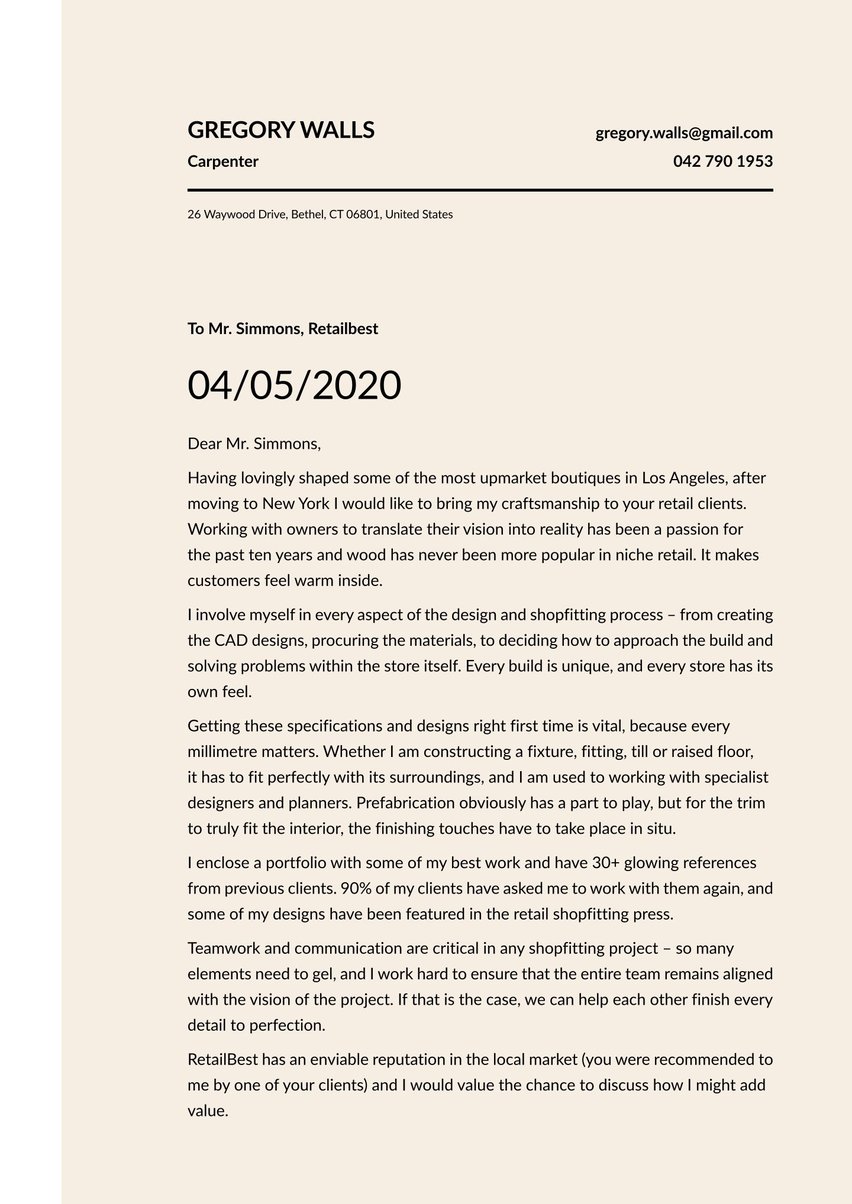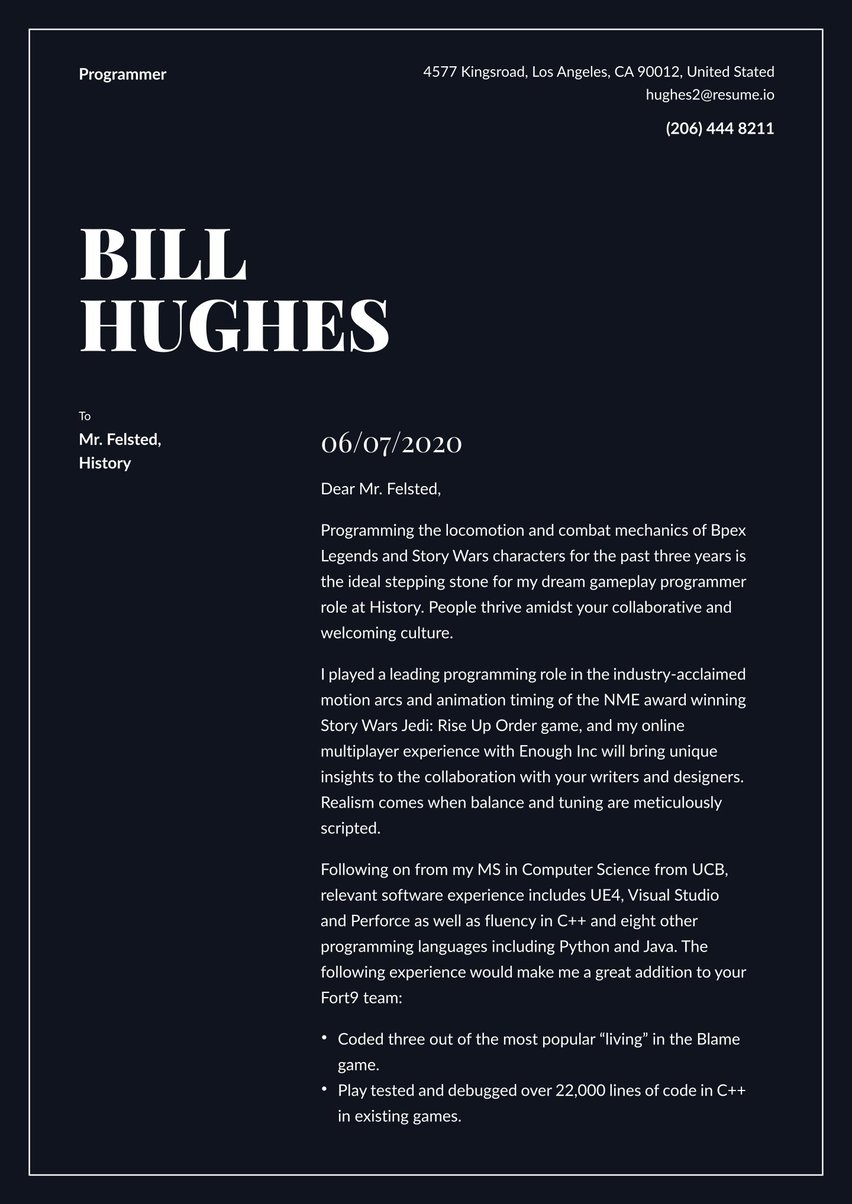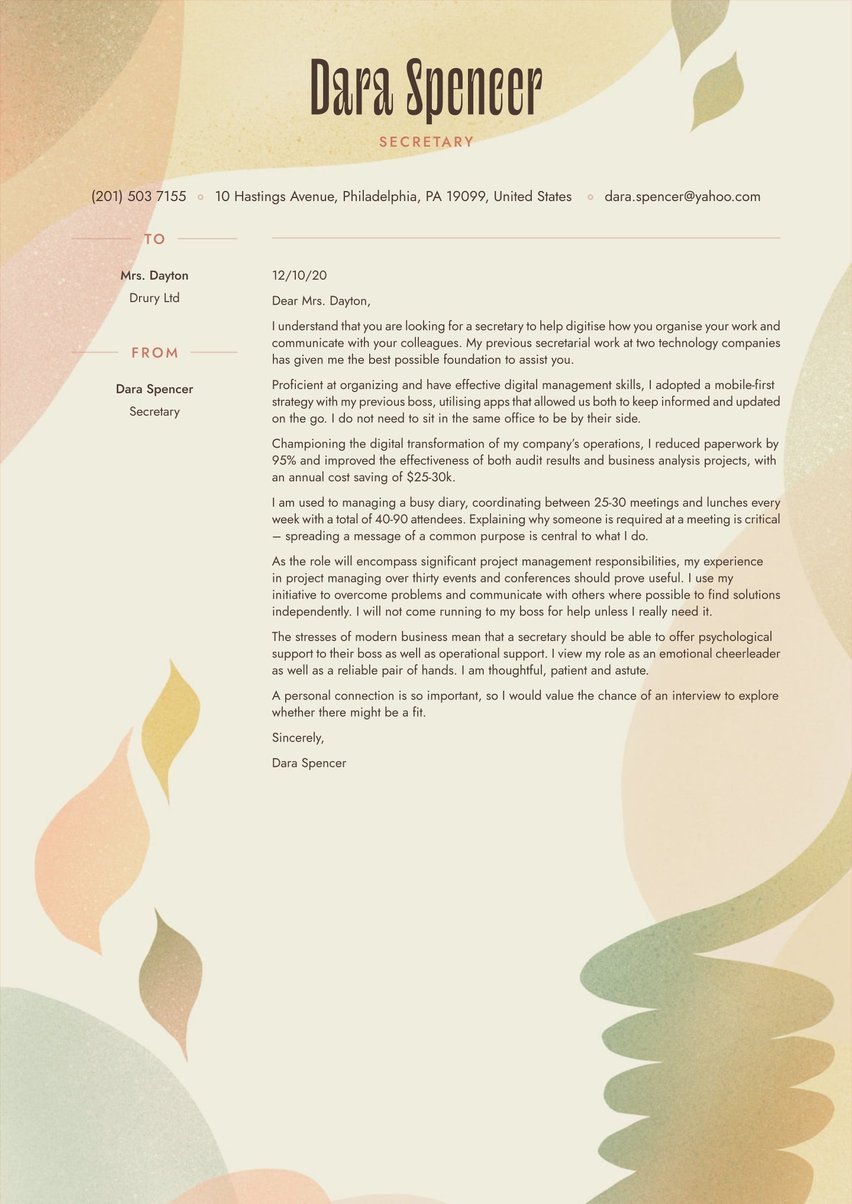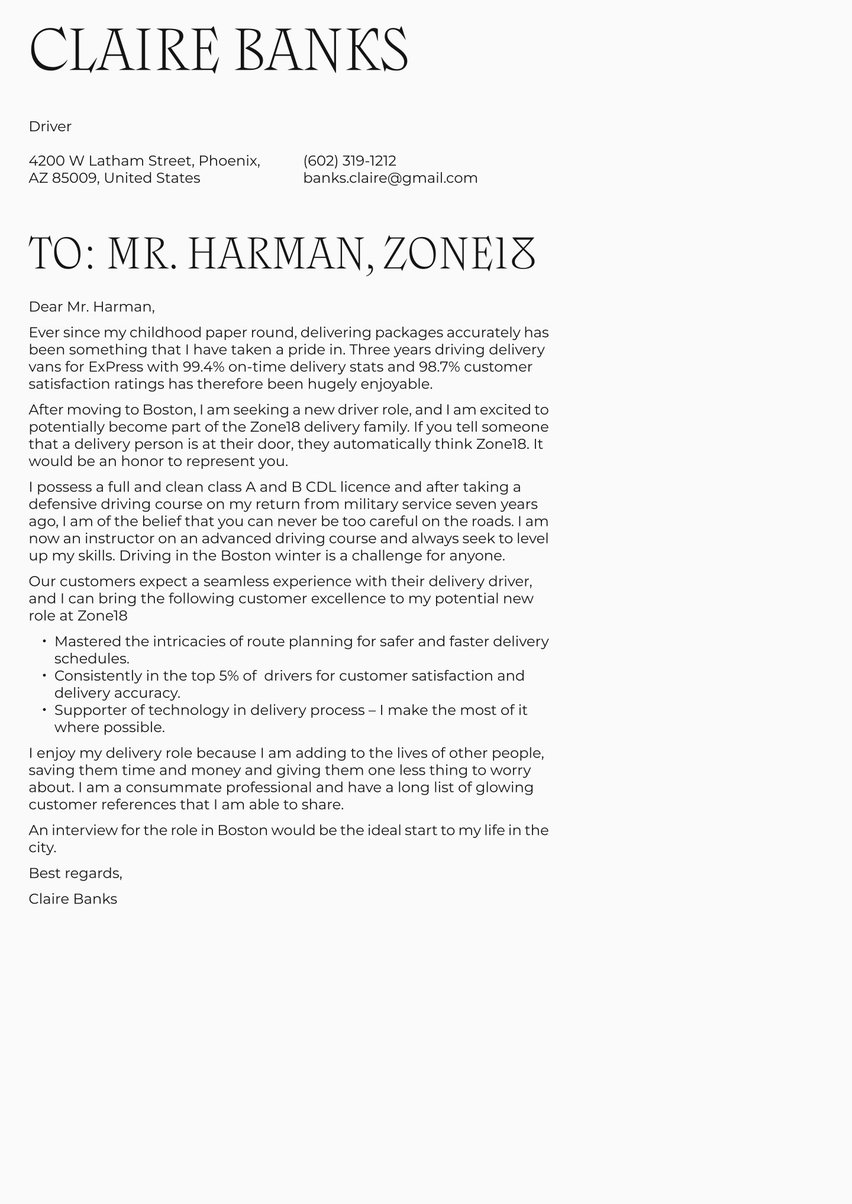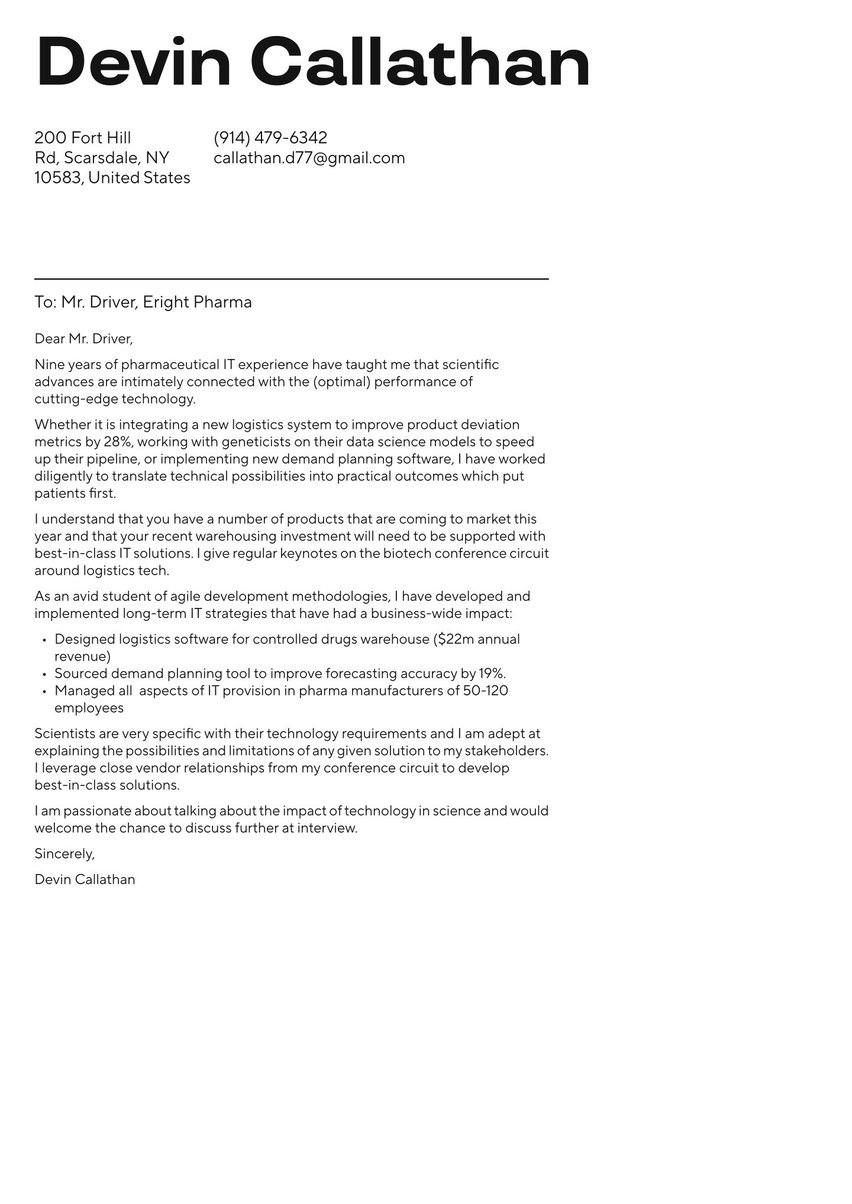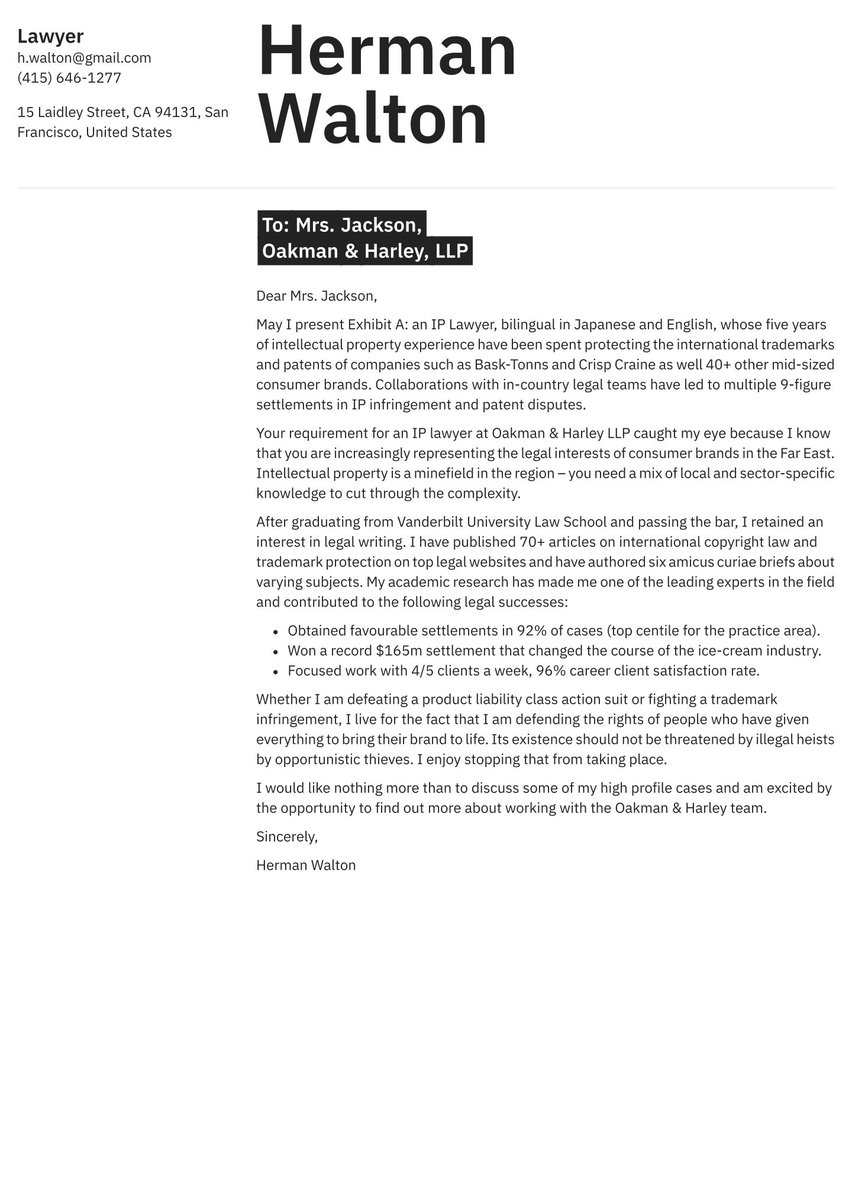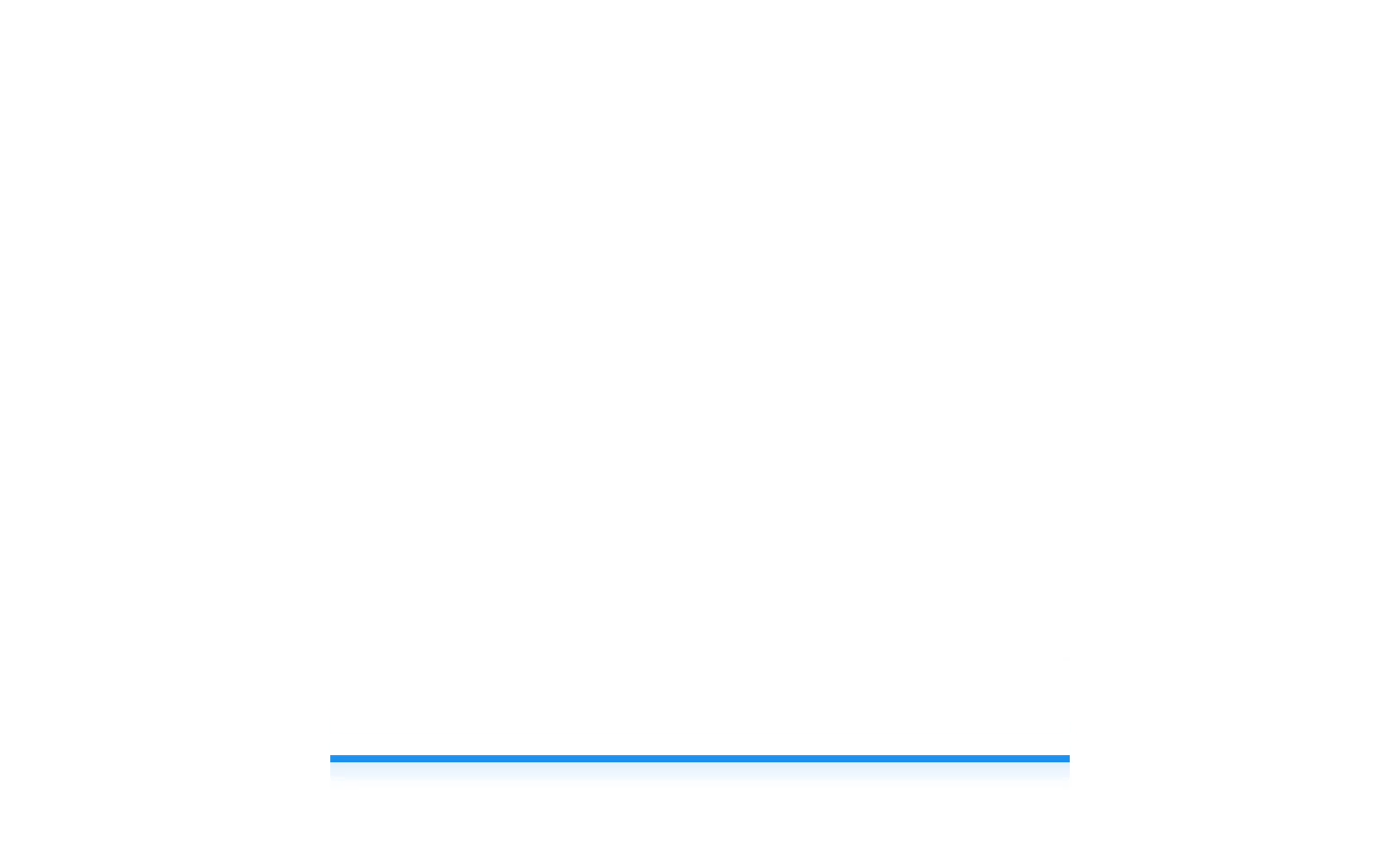Social workers help individuals and families cope with challenges in their lives such as poverty, divorce, drug addiction and mental health issues.
Clinical social workers, who need a master’s degree in social work and a license to practice, also diagnose and treat emotional, behavioral and mental disorders. Median pay for all social workers in the U.S. was $50,390 in 2021, according to the Bureau of Labor Statistics. But the most interesting metric in this field is that job growth of 9% is projected from 2021 through 2031 — higher than the average for all occupations.
So while nobody goes into social work to get rich quick, the job outlook in this field is secure. And aside from clinical social workers, most jobs require only a bachelor’s degree. But it’s a safe guess that you don’t want just any social worker job. You have your personal interests, passions, and specializations, and you want the job that’s right for you.
This is why you need a job application package consisting of an outstanding cover letter and a stellar resume. These two pieces of paper — just two! — are your ticket to your dream job. Resume.io is a global leader in providing professionally designed templates for cover letters and resumes. Our step-by-step builder tool makes it easy to insert your own information into these field-tested frameworks.
We also offer detailed, occupation-specific guidance in how to prepare these documents, whether you’re a lawyer or a landscaper.
Take a look at our resume guide for social workers, which is packed with information about this field and provides detailed guidance on how social workers should prepare a resume.
But even if you’ve already crafted the perfect resume, your work is only half done. You need a well-written, properly structured, carefully targeted cover letter to go with it. A resume without a cover letter is like a flyer stuck under someone’s windshield wiper — it’s usually discarded. The cover letter is an essential component of any job application, and it needs to hit all the right notes.
Here’s what we’ll talk about in this guide:
- Why the cover letter is so crucial
- How to write, structure, and design your cover letter
- The psychology of writing a persuasive cover letter
- Common mistakes you need to avoid.
Why you need a cover letter
Social workers are specialists in getting personally involved in other people’s lives to help them solve their problems. So it shouldn’t be too far outside your comfort zone to get a bit personal with a hiring manager. When you first meet with a new client, do you introduce yourself? Well, hopefully. An introduction is the obvious starting place for any interaction between two people.
A cover letter is precisely that — a friendly introduction, a handshake from afar. It’s an attempt to establish a personal connection with someone who has the power to offer you a job. And yet millions of job seekers unwisely skip this step by applying for a job with only a resume. It’s a big mistake, and in fact surveys of hiring managers have found that the failure to include a cover letter is among the top reasons resumes are rejected.
A cover letter allows you to display your personality, passion and likeability in a way that a resume can’t. Social work is a field that requires personal interaction with strangers, and your cover letter is one way of demonstrating that you’re up to the task. Although a few employers prefer to receive a resume only, you should always include a cover letter with a resume unless you’re specifically asked not.
What you don't want is for a hiring manager to be wondering why you didn’t include a cover letter. Is it because you’re too lazy to write one? Is it because you don’t know how to write? Is it because you don’t like to get personal with people? All of these could be signs that you might not make a very good social worker.
Best format for a social worker cover letter example
Like a well-designed building, a good cover letter builds on a reliable framework. Your cover letter should be one page only, a maximum of 400 words, that follows this structure:
- The cover letter header
- The greeting / salutation
- The cover letter intro
- The middle paragraphs (body of the letter)
- The ending paragraph of your cover letter (conclusion and call-to-action)
The comprehensive cover letter guide offers more general advice about how to go about compiling cover letters, but below you will find specific advice on how to maximize the effectiveness of each specific letter paragraph and section.
Dear Mr. Orchard,
My nine years as a Licensed Clinical Social Worker (LCSW) have included experience in social care, residential counseling, and family services, with the highlight of my career being a community reintegration project that served as a foundation for a federal program.
After graduating in clinical psychology, I have served populations presenting with a broad range of psychological disorders as well as emotional, behavioral, and developmental challenges. Creating treatment pathways has involved building cross-functional alliances from local government, NGOs, and service providers. Optimal psychosocial community care starts when everyone is on the same page.
I understand that part of the role entails oversight of your 24/7 crisis intervention service. I spent two years running a helpline for AccuC which responded in a similar way. I created a training program for (professionally qualified) call handlers to correctly establish needs and find the right interventions, increasing volumes by 35% and patient satisfaction by 15%.
My passion remains in helping psychiatrically diagnosed adults to transition from long-term hospitalization and reintegrating into the community. As someone whose mother suffered with mild schizophrenia all her life, this is close to my heart. I would love to take you through the journey of how my nine-step program played a part in shaping national policy.
In terms of my professional education, I received my MSW from Northwestern and aim to start my DSW over the coming year. I am trained in Managing and Adapting Therapy (MAP) and Trauma Focused Cognitive Behavioral Therapy (TF-CBT). I am an avid reader of the latest clinical theory, but there is nothing like learning from real experiences.
Your organization is a beacon for social care in the city and I would love the opportunity of an interview to find out how I might play a part in your incredible impact.
Yours sincerely,
Theresa Bennett
Cover letter header
At the very top of your social worker cover letter, you need a well-designed header containing your name, occupation, address, phone number, and email. This is essential for the obvious reason that the employer needs to know how best to contact you.
But the header is also an important design element on the page, allowing for a discreet use of color, distinctive typography, and creative variations in layout.
The rest of your letter will consist of solid body text, so the header is really your best opportunity to enhance the visual appeal of your page.
Take a moment to review some of the headers on the free cover letter templates offered by resume.io, and you’ll see the many options there are to choose from. This is by far the easiest and quickest way to create your header — choose one that’s already designed for you.
The aim of the cover letter header: Get your contact information out there without detracting from the body of your letter. Add a bit of design flare to help you stand out from the crowd.
Align document styles
Remember that your resume and cover letter are a package deal, and they should look like it. This is why you should use the same fonts, font sizes and formatting styles in both, and your header should be very similar if not identical.
Aligning the styles of these two crucial pieces of paper shows that you have put some thought into this job application. It shows your attention to detail, and it gives you a “visual brand.”
But if these two documents use totally different fonts and formatting styles, it might look like you just wrote a new cover letter and then pulled an old resume off the shelves. It looks sloppy, unprofessional and disorganized.
Cover letter greeting
If you were writing a social worker cover letter to a hiring manager named Andrew Moneysmith, “Dear Mr. Moneysmith,” would be the traditional greeting — no first names. The age of email has relaxed the rules somewhat, with a first name sometimes considered acceptable — “Dear Andrew,” for example.
Even the venerable “Dear” may be regarded as a bit antiquated, to be replaced by a more informal “Greetings” or even “Hello,” followed by the name of the addressee. But beware of being too informal, and study your target to see the level of formality it uses in addressing its audience on its website or in other communications.
As you can see from the cover letter sample above, "Dear" still has a place, especially if you are worried about getting too informal.
The aim of letter greeting: Start off with the appropriate tone for the position you seek to give your future employer the impression that you know the correct level of formality for your prospective workplace.
Write to a specific individual
Whenever possible, address your letter by name to the person responsible for hiring. If you’re responding to a job listing that doesn’t name names, do a little digging. Poke around the company’s website, look it up on LinkedIn, or if necessary call the company and just ask.
At some companies the hiring managers prefer to remain anonymous, in which case you’ll have to find a way to write a more generic greeting, like “Dear [Company] Hiring Manager.”
But in most cases, it’s best to do the legwork to find out the name of the person you need to address. It shows initiative and professionalism on your part, and it demonstrates that you’re not sending the same cover letter to 50 potential employers.
Cover letter introduction
The first paragraph of your social worker cover letter is your opportunity to make a positive first impression, and you won’t get a second chance at that. Here you must identify your job objective and provide a compelling preview of your qualifications for the job.
And, your message needs to be written using enthusiastic, provocative, intriguing language that makes the reader want to read on.
The aim of the cover letter intro: Get the attention of hiring managers by choosing an important fact or anecdote about you that meshes with the role you seek.
Dear Mr. Orchard,
My nine years as a Licensed Clinical Social Worker (LCSW) have included experience in social care, residential counseling, and family services, with the highlight of my career being a community reintegration project that served as a foundation for a federal program.
Cover letter middle part (body)
The central two or three paragraphs of your social worker cover letter must make a persuasive case that you are eminently qualified for the job you are seeking. Ideally, your years of employment experience in the field will demonstrate your readiness for this post.
Even if you’re just graduating from college, your academic accomplishments, internships and volunteer work can also serve as evidence of your commitment to this field. Use anecdotes to describe how you faced and surmounted job-related challenges in the past. Be specific in describing your accomplishments in past jobs, using facts and figures wherever possible. The body of your letter can also mention your education, any certifications you hold, and any special skills you have that will make you a great social worker.
If you like, you can wrap up the body of your letter by discussing what you know about the employer’s needs and challenges, and how your contribution could help resolve them. Always remember that you are not writing about how this employer can help you, but about how you can help this employer.
The aim of the body of your cover letter: Give hiring managers a chance to understand how you work with clients and your social work philosophy.
After graduating in clinical psychology, I have served populations presenting with a broad range of psychological disorders as well as emotional, behavioral, and developmental challenges. Creating treatment pathways has involved building cross-functional alliances from local government, NGOs, and service providers. Optimal psychosocial community care starts when everyone is on the same page.
I understand that part of the role entails oversight of your 24/7 crisis intervention service. I spent two years running a helpline for AccuC which responded in a similar way. I created a training program for (professionally qualified) call handlers to correctly establish needs and find the right interventions, increasing volumes by 35% and patient satisfaction by 15%.
My passion remains in helping psychiatrically diagnosed adults to transition from long-term hospitalization and reintegrating into the community. As someone whose mother suffered with mild schizophrenia all her life, this is close to my heart. I would love to take you through the journey of how my nine-step program played a part in shaping national policy.
In terms of my professional education, I received my MSW from Northwestern and aim to start my DSW over the coming year. I am trained in Managing and Adapting Therapy (MAP) and Trauma Focused Cognitive Behavioral Therapy (TF-CBT). I am an avid reader of the latest clinical theory, but there is nothing like learning from real experiences.
How to close a social worker cover letter (conclusion and sign-off)
Close your letter on a positive note, thanking your reader for their time and expressing your eagerness to hear back. Include a call to action — you may even want to ask if you can call in a week or so to see if an interview can be arranged.
Don’t be pushy, but let your reader know you are serious about this job and looking forward to following up.
Close with a “Sincerely” or an acceptable variation thereof, add a space, and type your name. You may also choose to insert your actual scanned signature, though in electronic correspondence this isn’t considered necessary.
The aim of this part: Finish by telling your future employer why they should employ you and justify your request for an interview.
Your organization is a beacon for social care in the city and I would love the opportunity of an interview to find out how I might play a part in your incredible impact.
Yours sincerely,
Theresa Bennett
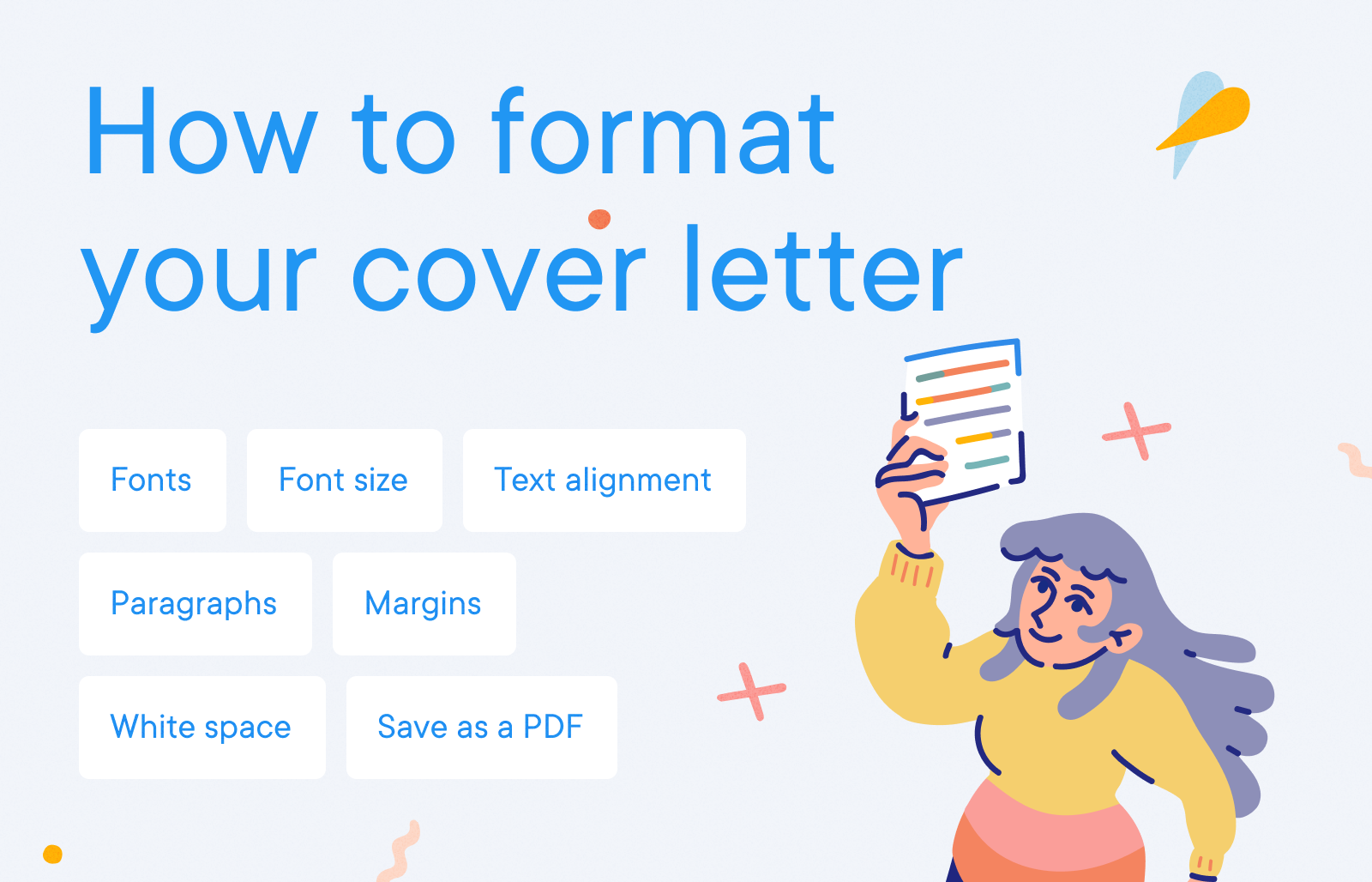
How to format your cover letter
Your letter should look as good as it reads, so you’ll want to adhere to the following guidelines for proper formatting and design:
- Fonts: Use a modern, familiar, easy-to-read font that doesn’t call attention to itself.
- Font size: Use a font size no smaller than 10 and no larger than 12 points. If you’re having trouble fitting your letter onto one page, trim your text before you try reducing the font size. You don’t want your reader to have to strain to read your text.
- Text alignment: Align text left, and do not justify from margin to margin.
- Paragraphs: Keep paragraphs reasonably short, put a space between them, and do not indent.
- Margins: Use a 1-inch margin on the top, bottom, left and right.
- White space: Leave room on your page for a judicious use of white space that contains nothing at all. Using the right amount of blank space will give your letter an attractive look at a glance, and it will make the letter easier to read.
- Save as PDF: Unless the prospective employer specifically asks for another format, always save your final cover letter as a PDF. Other file types may look totally different on your correspondent’s computer than on yours — the text can jump around on the page, and some of it can turn to garble. The advantage of the PDF is that it preserves your formatting so that your letter will look the same on any computer.
The psychology of persuasive writing
Some writing is meant to entertain, some to inform, and some to persuade. Ideally, your cover letter should do all three.
You want to persuade your reader to follow up, ideally by contacting you to arrange an interview. You want to inform your reader about your excellent qualifications for the job you’re seeking. And while your letter might not be compulsively entertaining, you want it to be engaging, accessible, and friendly.
Put yourself in the shoes of the person who will be receiving your letter. Bear in mind that you have just a few seconds to make a positive impression on this individual. Don’t just write the letter you want to write, but write the letter you want that person to receive. Psychologists say the human brain responds to stimuli with a mix of emotional and rational responses. Emotional responses are quicker and more automatic, while rational responses are slower and more deliberative.
In a perfect world, you want to trigger both. For example, you might use “emotional language” like the following:
I am a natural “people person” who is drawn to those in need, and I love nothing better than to see my intervention as a social worker pay off with increased well-being in the lives of my clients.
Here you are speaking to the heart more than the head, expressing your empathy for those you serve and the satisfaction you derive from doing your job. This kind of language should resonate with any employer in need of social workers.
On the other hand, you also need “rational language” that speaks to the head more than the heart:
After obtaining my B.A. in psychology from the University of Santa Clara, I spent eight years as a social worker at the San Francisco Human Services Agency, helping thousands of clients obtain food, shelter, health insurance, child care, and other necessities.
Specific information about your qualifications, like your education and employment history, should trigger a “rational” response in your reader that you are indeed qualified for the job and are worthy of a closer look.
Some social worker cover letter mistakes to avoid
Here are some of the most common mistakes people make in writing a cover letter:
- Typos and other writing errors: Misspelled words, bad grammar, and other language mistakes are the most common reason cover letters and resumes are rejected. If English is not your forte, find a good editor to proofread and revise your letter.
- Generic copy-paste letters: A cover letter is not a one-size-fits-all document that you can send to 50 employers. Each cover letter should be targeted to a specific employer, ideally discussing its unique needs and how your contribution can help address them.
- Clichés, word bloat, and fluff: Beware of phrases that have been used in a million other cover letters (like saying you’re a “self-starter” or a “team player”). Avoid “word bloat” by trimming the fat from your text and keeping only what’s essential. And steer clear of “fluff,” which is fancy language that doesn’t say anything.
- Bad formatting: Exotic fonts, tiny text, undersized margins, the wrong file type, and other formatting errors can sink your letter’s chances before anyone reads the first word.
Key takeaways
- The job outlook for social workers is excellent, with projected growth of 9% through 2031. But to land the job that’s right for you, you’ll need an excellent job application package consisting of an outstanding cover letter and resume.
- A cover letter is an essential companion to a resume because it allows you to showcase your personality, passion and drive in a personal introduction to an employer.
- Adhere to the guidelines for structuring and formatting your cover letter correctly and you’ll have a final product that contains all the necessary content in an eye-pleasing design.
- The easiest way to avoid the biggest potential pitfalls is to use a professionally designed cover letter template that is pre-formatted with an attractive header, good use of typography, and an appropriate amount of white space.
To get started, review the free cover letter templates at resume.io, choose a style you like, and use our builder tool to insert your own information. You’ll be building on a framework that has been proven to get results.
If you're looking for more ideas, check out these related cover letter samples:


